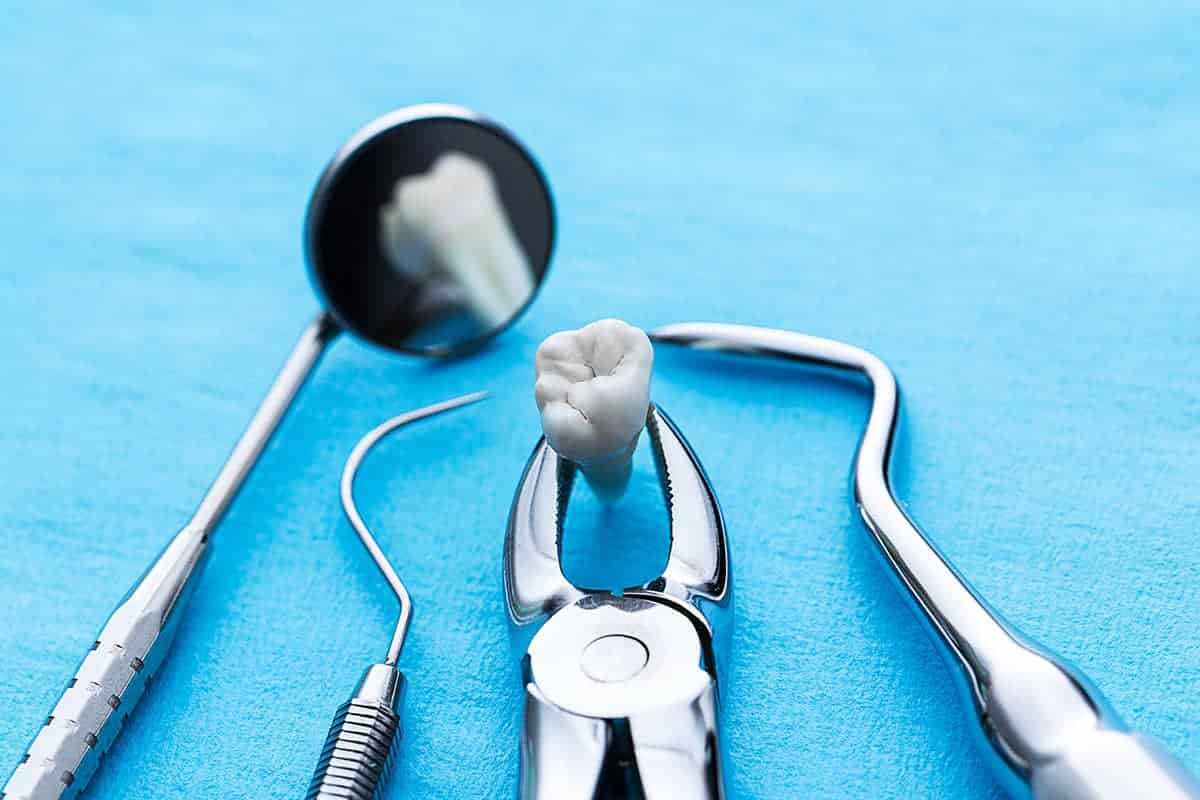
For many years, getting wisdom teeth removed was a rite of passage. People often had their teeth taken out at some point late in high school or in college, even if the teeth weren’t causing them any problems. But, the way we view wisdom tooth removal has changed somewhat in recent years.
So should you have your wisdom teeth taken out now or should you wait until there’s a problem? There are a number of advantages to removing them before you develop any issues.
The State of the Wisdom Teeth
One thing that helps a dentist decide if your wisdom teeth should come out or not is the position of the actual teeth. Although people no longer need the final set of molars for chewing or breaking down tough foods and many people don’t have large enough jaws to accommodate that last set of teeth, your doctor may recommend you have them extracted.
If your final molars are coming in like the rest of your teeth and no issues are visible, it may be easier for you to leave them alone.
While a few people won’t have any issues with their wisdom teeth, many more will. Lack of space in the mouth often causes the teeth to become impacted. Impacted wisdom teeth might be blocked by other teeth in the mouth or might become stuck in the bone. Sometimes, they end up turning horizontally, so that they can’t erupt through the gum line like regular teeth.
Problems With Impacted Teeth
Some people with impacted teeth go through life without any symptoms or problems. Others can develop a number of issues related to the impacted teeth.
One common problem with impacted wisdom teeth is infection. If a tooth breaks through the gumline but doesn’t emerge fully, it can be difficult to clean. The partially erupted tooth can be a magnet for bits of food, which can then attract bacteria. That increases a person’s risk for decay and cavities on the partially in place tooth.
Sometimes, the tooth creates a flap of gum tissue when it only partially breaks through the gums. Food and debris can easily get trapped in the gum tissue, causing an infection known as pericoronitis. In severe cases, people develop pus-filled cysts or abscesses on their gums, which need to be cared for by a dentist.
Even impacted teeth that stay below the gum line can cause problems. A horizontal wisdom tooth can bump against the roots of neighboring teeth, causing nerve irritation or damage. Teeth that are stuck beneath the gum line can also cause damage to the jawbone.
Removing Your Wisdom Teeth
There are a few reasons why oral surgeons typically remove wisdom teeth when people are in their late teens or early 20s. The less time the teeth are in the mouth, the less time they have to do any damage, especially if the teeth are impacted.
Your body also has an easier time bouncing back and healing after surgery when you are young. Plus, the sooner the teeth are removed, the less time they have to get really lodged in the gums or jawbone. Removing problematic wisdom teeth when a person is in her 20s is usually a less complicated procedure than it is to wait to remove the teeth until a person is in her 40s or 50s.
As far as recovery goes, it is often easier to find time to set aside for wisdom tooth removal and recovery when you’re young. When you’re in high school or college, for example, you have plenty of breaks built into the school year, which are perfect for having surgery. As an adult, it’s more difficult to find the time to set aside. Even if you take time off from work, you still have to worry about taking care of your home, getting child care and figuring out lots of other logistics.
Who Shouldn’t Get Their Wisdom Teeth Removed?
People who don’t have any problems with their wisdom teeth don’t need to think about surgery to remove them. For example, if your teeth came in fine and never caused you problems, you can go about the rest of your life without taking them out.
There are also cases of people who are missing one or all of their wisdom teeth. If that’s you, you can count yourself lucky. You’ll never have to worry about the teeth becoming impacted or about the need to remove them.
Since it can be hard to know if your wisdom teeth are causing a problem, or if you even have them, the best thing to do is to see your dentist regularly for exams and X-rays. In Miami, Florida, Dr. John Paul Gallardo can examine your teeth and gums and let you know the status of your wisdom teeth. To learn more, call (305) 447-1447 to schedule a consultation.